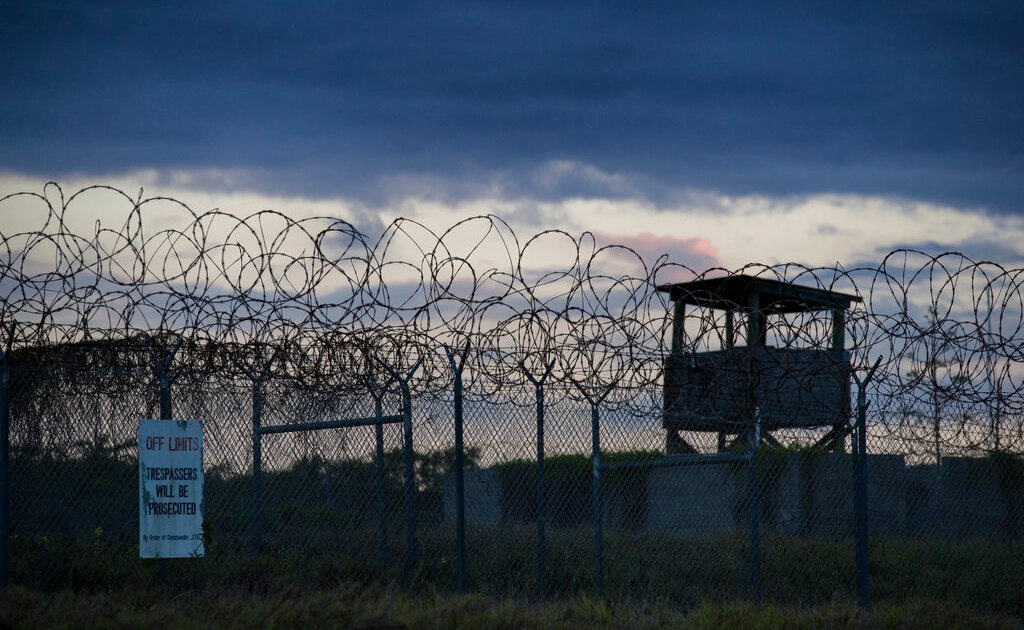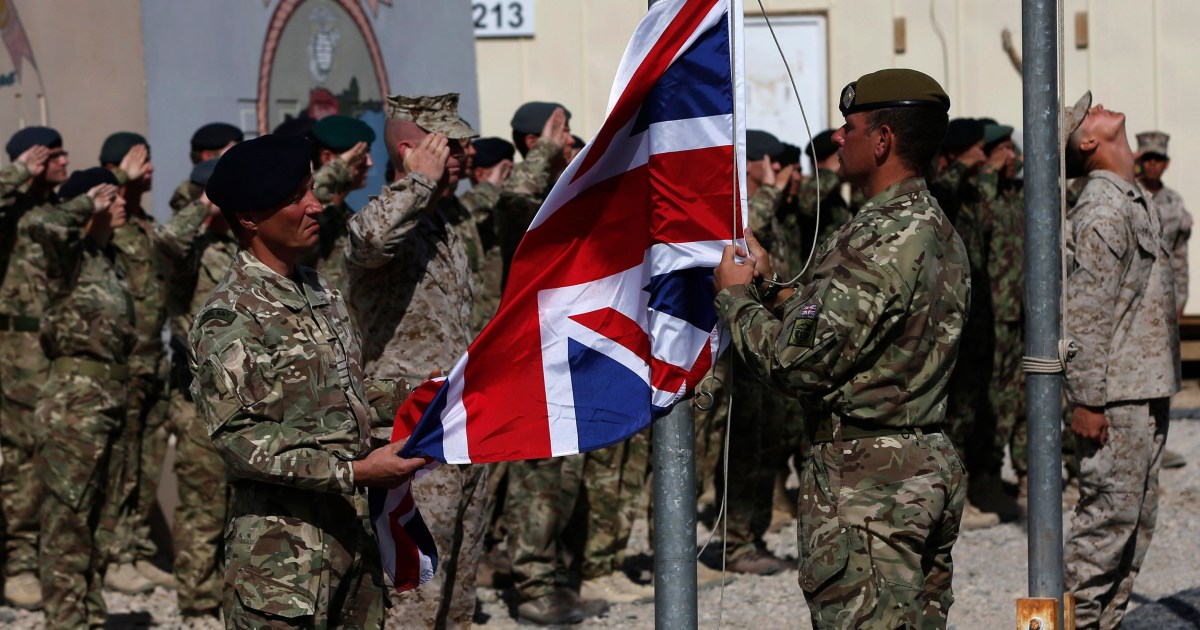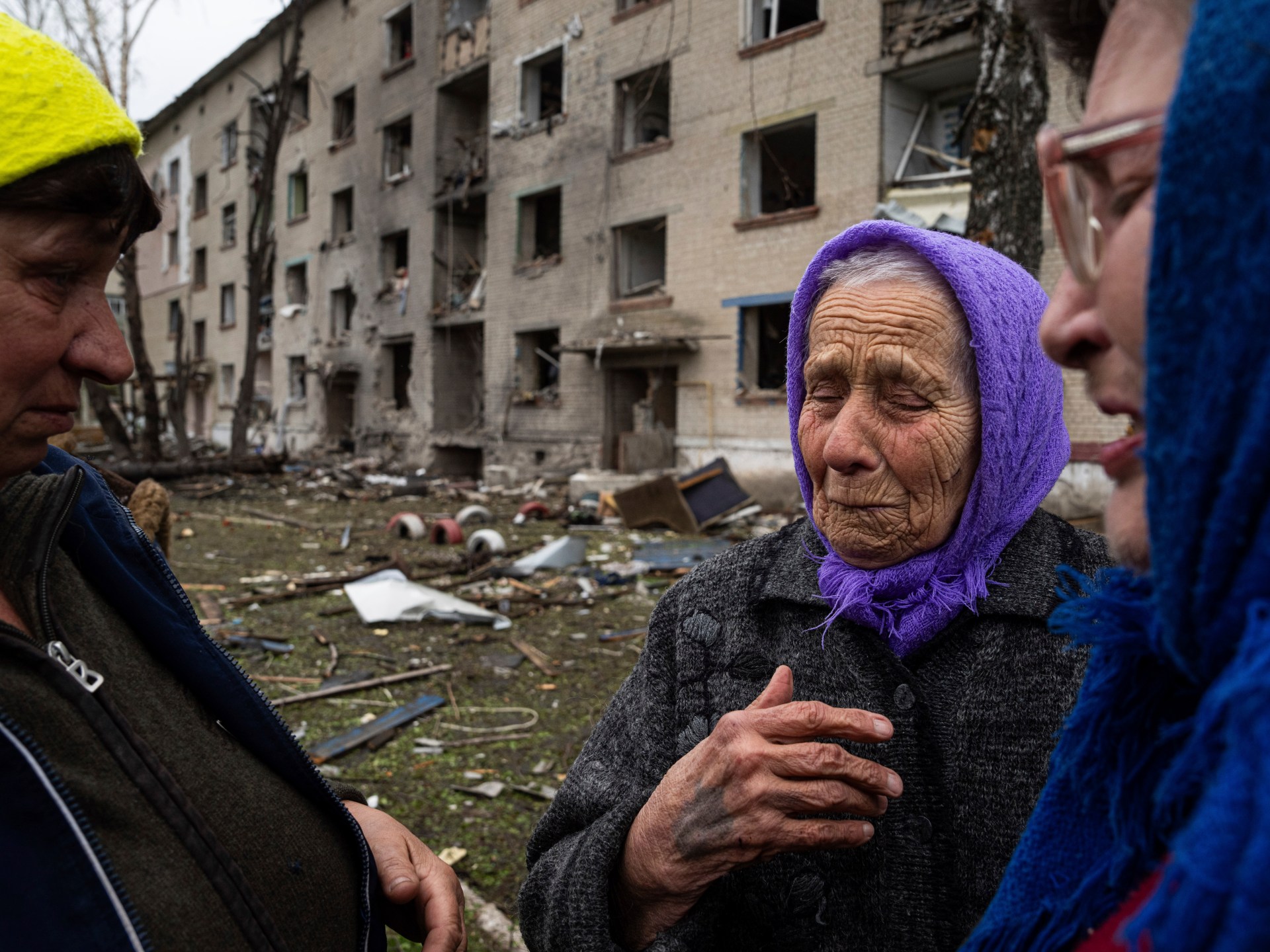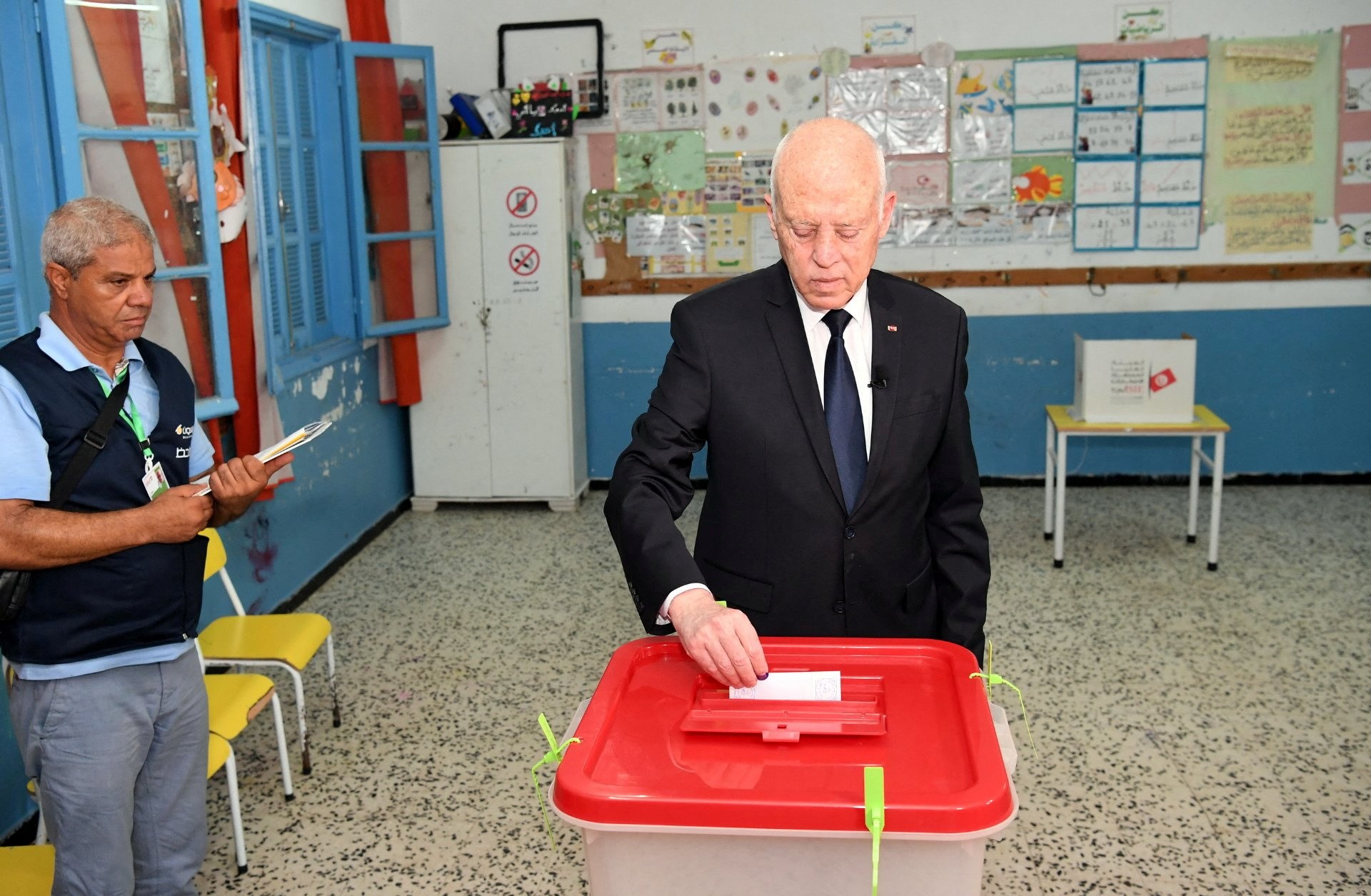US Supreme Court blocks testimony over Guantanamo detainee | Al-Qaeda News
A Polish investigation concerns the treatment of Abu Zubaydah, who remains at the American naval base at Guantanamo.
The United States Supreme Court has ruled that two former CIA contractors cannot be questioned in a criminal investigation in Poland over their role in interrogating Abu Zubaydah, a suspected high-ranking al-Qaeda figure who was repeatedly subjected to waterboarding.
The justices on Thursday ruled 6-3 that Central Intelligence Agency contractors James Elmer Mitchell and John Bruce Jessen cannot be subpoenaed under a US law that lets federal courts enforce a request for testimony or other evidence for a foreign legal proceeding.
The court found that the government could assert what is called the “state-secrets privilege” to prevent the contractors from being questioned because it would jeopardise national security.
Poland is believed to be the location of a “black site” where the CIA used harsh interrogation techniques against Zubaydah. Zubaydah, now 50, has spent more than 15 years at the US jail at Guantanamo Bay. He lost an eye and underwent waterboarding 83 times in a single month while held by the CIA, US government documents showed.
Al Jazeera reported in 2014 that Zubaydah “was the only captive subjected to all 10 torture techniques identified in an August 2002 Justice Department memo”.
The contractors’ testimony “would be tantamount to a disclosure from the CIA itself”, Justice Stephen Breyer wrote in the ruling.
“For these reasons, we conclude that in this case the state secrets privilege applies to the existence (or nonexistence) of a CIA facility in Poland,” Breyer added.
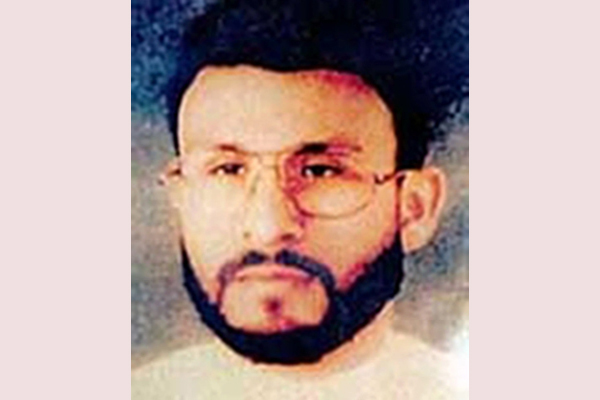
The justices were divided on what exactly should happen, with six justices saying Zubaydah’s request should be dismissed. Conservative Neil Gorsuch and liberals Sonia Sotomayor and Elena Kagan said the case should be sent back to lower courts.
Gorsuch wrote a strongly worded dissenting opinion joined by Sotomayor saying that much of what the government claims to be a state secret is already widely known.
“There comes a point where we should not be ignorant as judges of what we know to be true as citizens,” Gorsuch wrote.
“Ending this suit may shield the government from some further modest measure of embarrassment. But respectfully, we should not pretend it will safeguard any secret,” Gorsuch added.
The Polish investigation concerns the treatment of Zubaydah, who remains held at the American naval base at Guantanamo Bay, Cuba. Zubaydah, a Palestinian man captured in 2002 in Pakistan and held by the US since then without charges, repeatedly underwent waterboarding, a form of simulated drowning widely considered torture.
At the case’s October oral arguments, some justices asked why the government would not let Zubaydah himself be questioned. The Justice Department later told the court it would agree to Zubaydah sending a declaration that could be used in the Polish investigation, although it would have to be reviewed first. Zubaydah’s lawyers called that approach unacceptable.
Zubaydah was “an associate and longtime terrorist ally of Osama bin Laden”, the leader of the al-Qaeda armed group killed by US forces in Pakistan in 2011, according to a Justice Department filing.
The non-profit American Civil Liberties Union (ACLU) assailed the court ruling.
“Today a majority of the Supreme Court allowed the CIA to declare secret the widely-known location of its torture facility in Poland,” Dror Ladin, senior staff attorney with the ACLU’s National Security Project, said in a statement.
“US courts are the only place in the world where everyone must pretend not to know basic facts about the CIA’s torture program. It is long past time to stop letting the CIA hide its crimes behind absurd claims of secrecy and national security harm.”
The justices have turned away multiple cases brought by Guantanamo detainees challenging their confinement. Zubaydah’s own case has been pending in lower courts for more than 10 years.
His lawyers have said Mitchell and Jessen could testify about what they saw and heard without mentioning the location. The government disputes that assertion.
The US government has disclosed that Zubaydah was held overseas and interrogated using “enhanced interrogation techniques” but has not revealed locations. The European Court of Human Rights determined that Zubaydah was held in Poland in 2002 and 2003.
The San Francisco-based 9th US Circuit Court of Appeals ruled in 2019 that Mitchell and Jessen could be subpoenaed, prompting the Justice Department to appeal to the Supreme Court.
Details of CIA activities were confirmed in a 2014 US Senate report that concluded that the interrogation techniques were more brutal than originally disclosed and that the agency misled the White House and public about its torture of detainees captured overseas after al-Qaeda’s September 11, 2001, attacks on the US.

